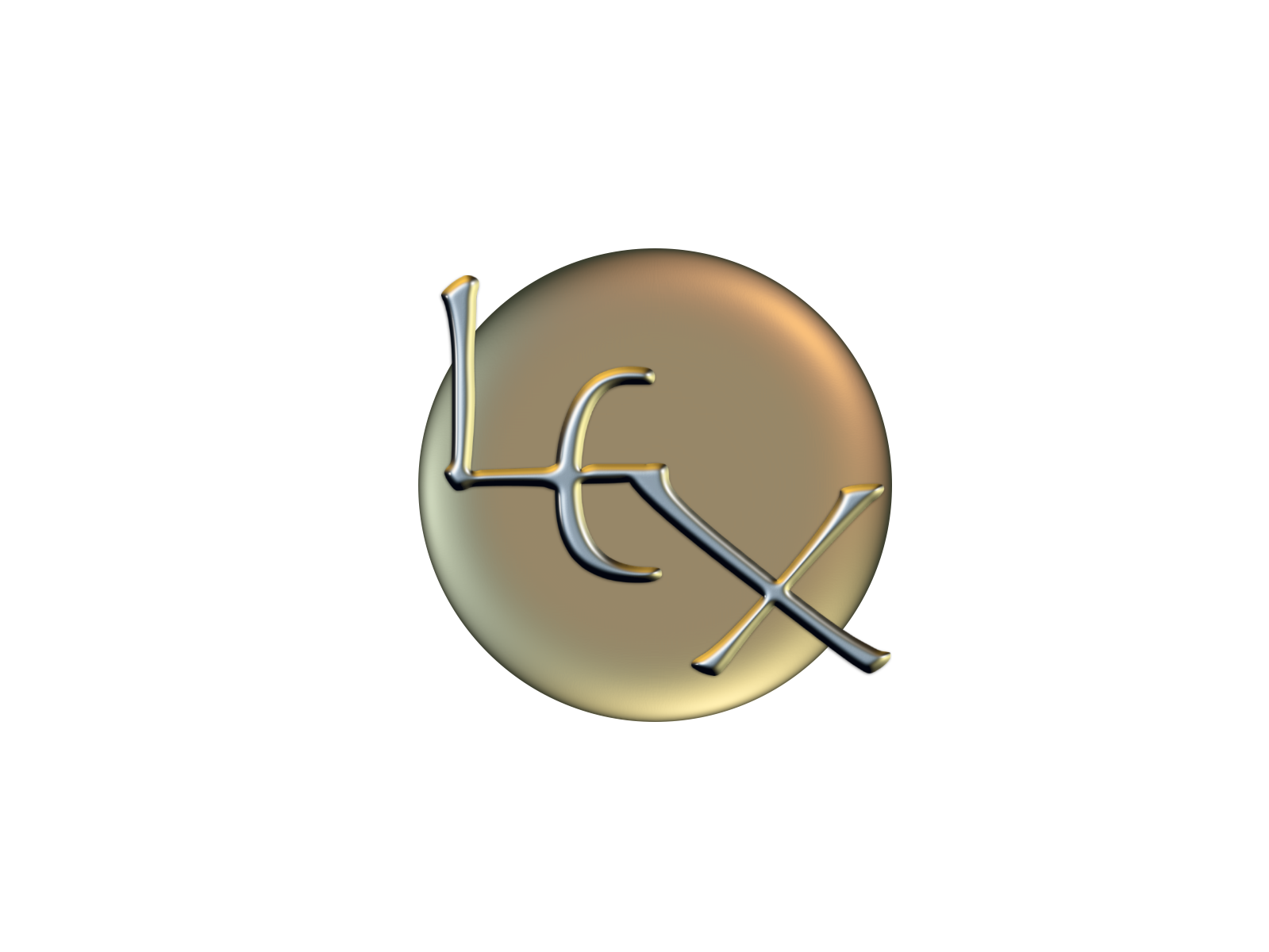In addition to studying with children and their parents, I also provide professional development for adults , not just in classes, but individually. This comes in a few different forms. For example, some adults do a teaching internship with me, where they bring their own student, and I teach the student and the tutor/clinician together for six sessions to help them lay a foundation for their work.
I may also just study with the adult, where they can bring me questions and examples from study sessions with their students, and I give them feedback and help them plan and prepare subsequent sessions. These are called consultations.
Sometimes people abuse consultations, you know, like when they pay to study privately with me, and then they take the understandings I share and make them into cute little animated films for a Facebook group where everyone praises them uncritically, but they block me from their Facebook group so I cannot monitor my own intellectual property. And then they tell everyone that I am mean and abusive so they can continue to block me and claim my work as their own and still feel justified. Good times!
But you know what? I don't give up. I don't stop consulting just because some people are thieves. I keep teaching and keep showing people things in the orthography that literally no one else on the planet can, because they ask.
I met with a client for a consultation this evening. We've been studying together for about three years. If you want to know what she gets out of it, you'd have to ask her. I LOVE our sessions. They are fun and require no prep work, because she just wants to bring me her questions and discuss them with me. All I have to do to prepare is, oh, I guess study linguistics for three decades. But that's it. No worksheets or anything.
Recently, we had been studying when an <-le> is a suffix and when it's not. She has successfully explained that to her students. In going over that work with her, I spotted a word sum <bangle ➙ bang + le>. I did a quick check on a hunch, and said that I didn't see any evidence for a <bang> base element in that word, or for any relationship between bang and bangle. Amazingly, she did not call me an asshole or a bully. We discussed the evidence, or lack of it, and moved on.
Tonight, she wanted to focus on the word treasure, because one of her students had selected it for study. And because she asked me about treasure, I figured out something about English words and the <-ure> suffix that no one else has offered. No one. It's not in Melvyn Ramsden's Teacher's Tool Box, so no one can accuse me or insinuate that I stole it from him.
Aren't you dying to know?
Well, it gives me great pleasure to tell you here, as well as helping my adult student plot out how to explain this to her student. Behind a paywall.
The Pleasure Is All Mine
Everyone already knows what these three words mean, but I'm focused here on how these words are built, because they're all built differently.
